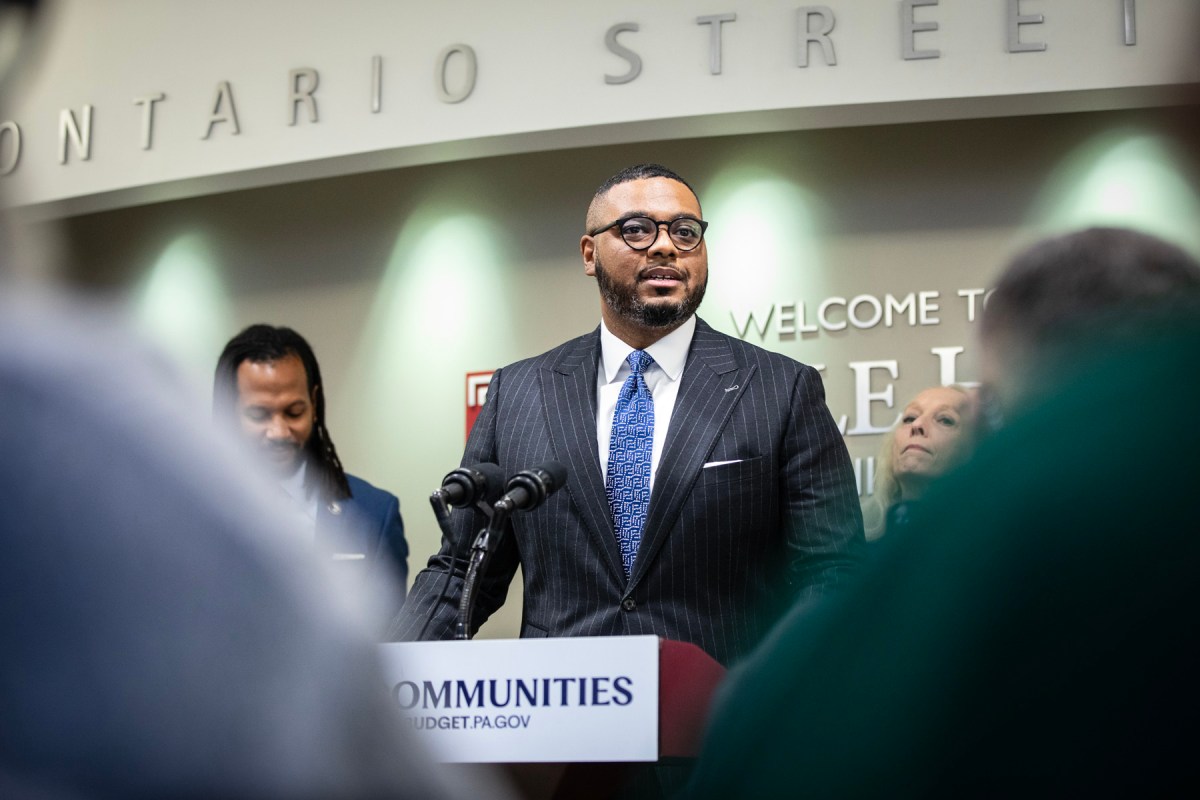LONDON (Reuters) – Banks should have more than enough available capital to back the expected volume of loans to help companies bridge the coronavirus pandemic, Bank of England Deputy Governor Sam Woods said on Monday.
The central bank has allowed lenders to tap 23 billion pounds ($28.6 billion) of capital known as the countercyclical capital buffer to support loans worth up to 190 billion pounds as Britain heads for deep recession.
“It should be enough to accommodate even a pretty upper-end estimate of what might be needed here,” Woods told a City & Financial webinar.
Royal Bank of Scotland <RBS.L> Chairman Howard Davies told the webinar that banks need more reassurance from regulators on the amount of time they would be given to rebuild capital buffers once the pandemic has passed.
“Without some reassurance about that, banks may be faced with constraints on lending in the recovery phase, which could be just the time you don’t want those constraints,” Davies said.
“That is something we need a further clarification on.”
Regulators and the government have put in place lending schemes and relief such as three-month mortgage payment holidays to help people and businesses ride out the pandemic.
The BoE announced on Monday that it would allow banks to exclude such loans from the calculation of their leverage ratio, a broad measure of capital strength, as an incentive to continue lending.
“No one knows quite how wide the chasm we are trying to work across is right now,” Christopher Woolard, interim CEO of the Financial Conduct Authority (FCA), told the webinar.
He said the FCA has received more than 600 requests from financial businesses for relief from rules of one kind or another, with most granted.
“We have to be realistic that not every firm is going to make the other side,” Woolard said.
RBS Chairman Davies said that companies taking on the loans will not recover at the same rate and some may not survive at all, meaning discussions need to take place soon on how to exit the “highly unusual schemes and highly unusual interventions”.
“My verdict on the regulatory response to the crisis … is so far, so good, but perhaps we have done the easy bit and the tough mechanism for regulating as we move into the recovery phase has still to be resolved,” Davies said.
Banks have already begun making large provisions for losses on their loans, though Woods reiterated that lenders should take into account mitigating factors such as government relief for businesses during the pandemic.
Woods, who also heads the BoE’s Prudential Regulation Authority (PRA), said banks should still take a realistic view on what might happen to loans but avoid an overly mechanical adjustment.
Davies said the PRA has taken a “very sensible” approach to provisions at banks during the pandemic.
(Reporting by Huw Jones; Editing by Alex Richardson and David Goodman)























